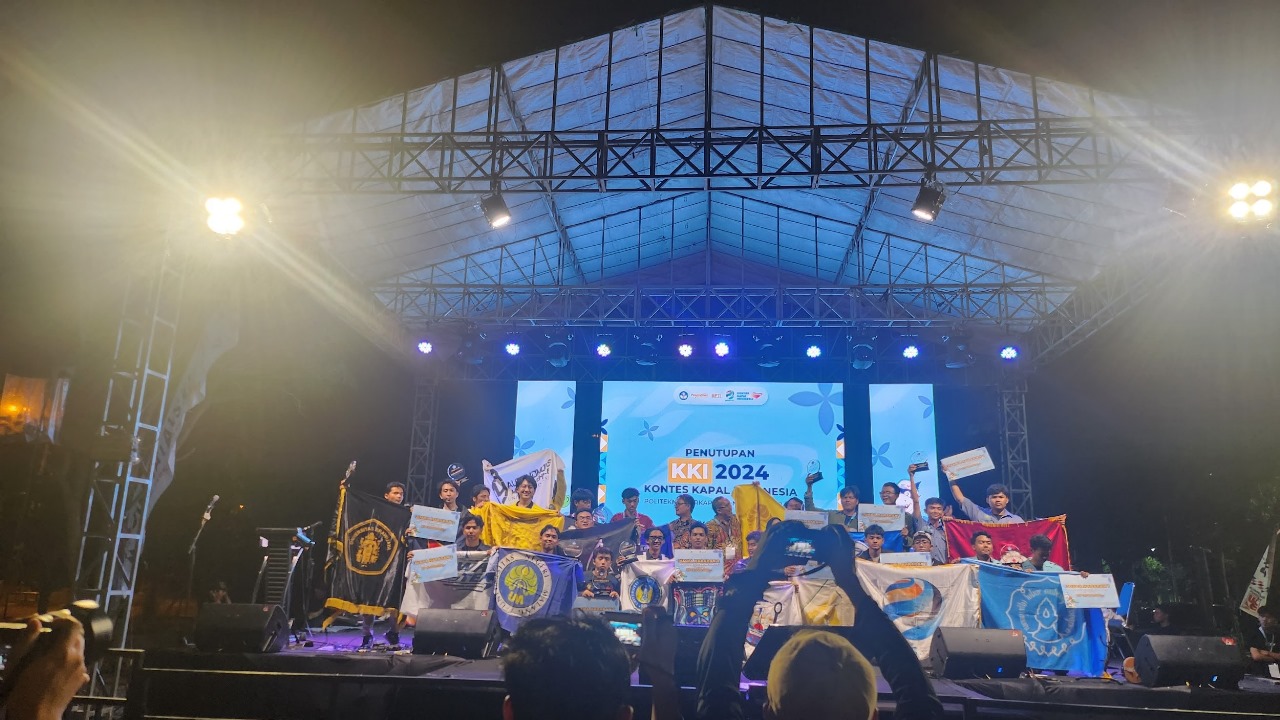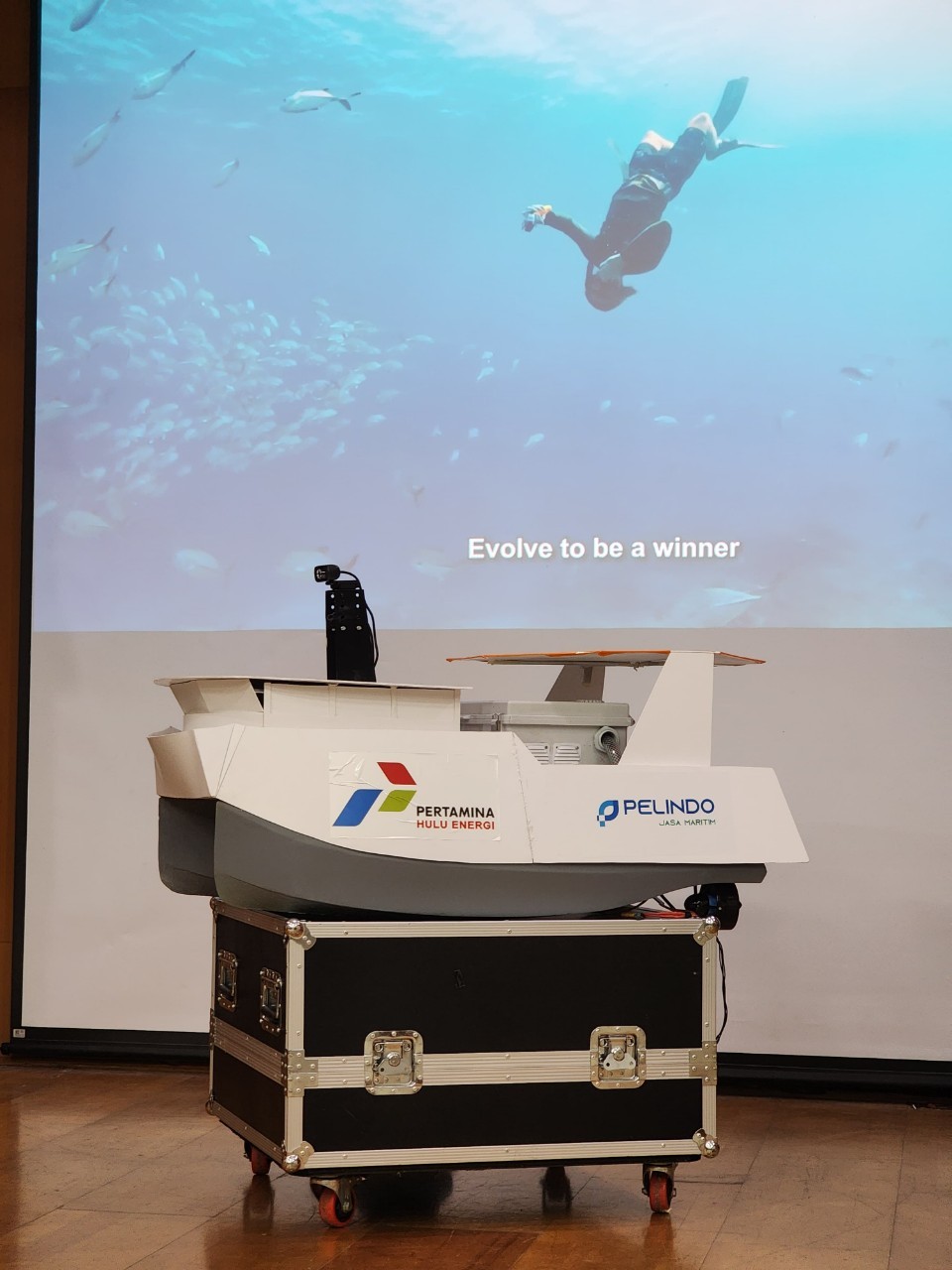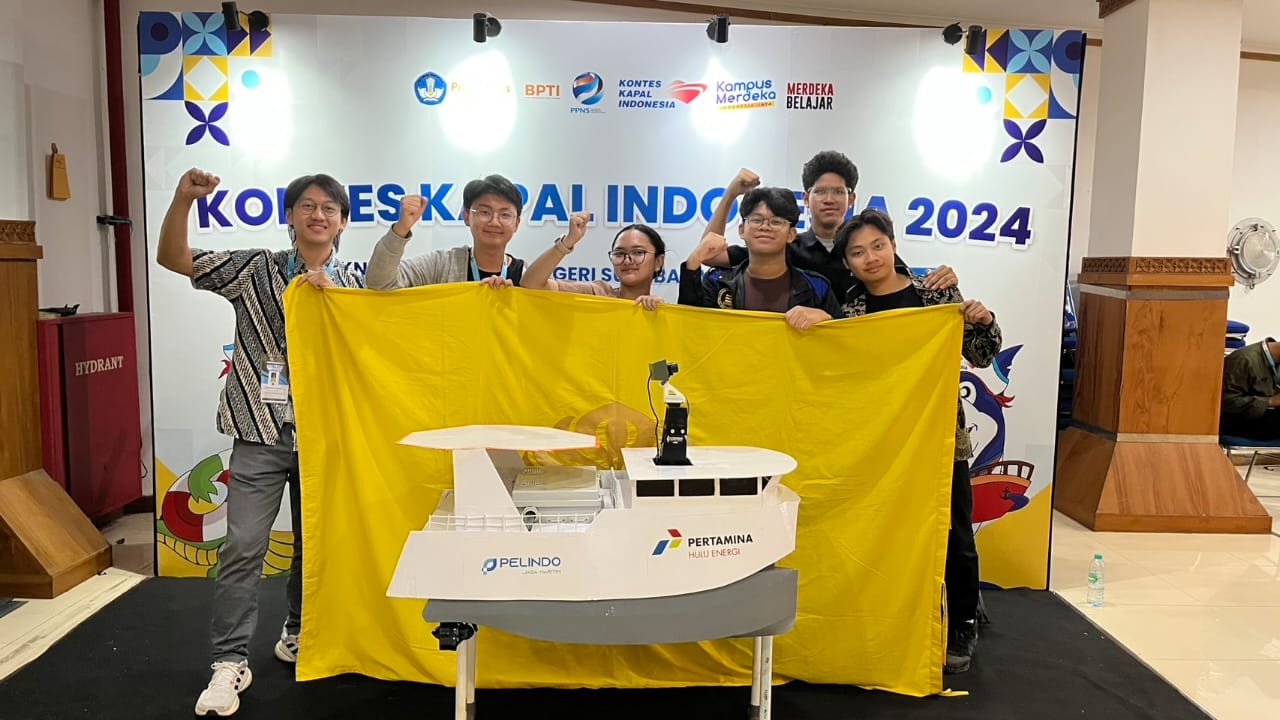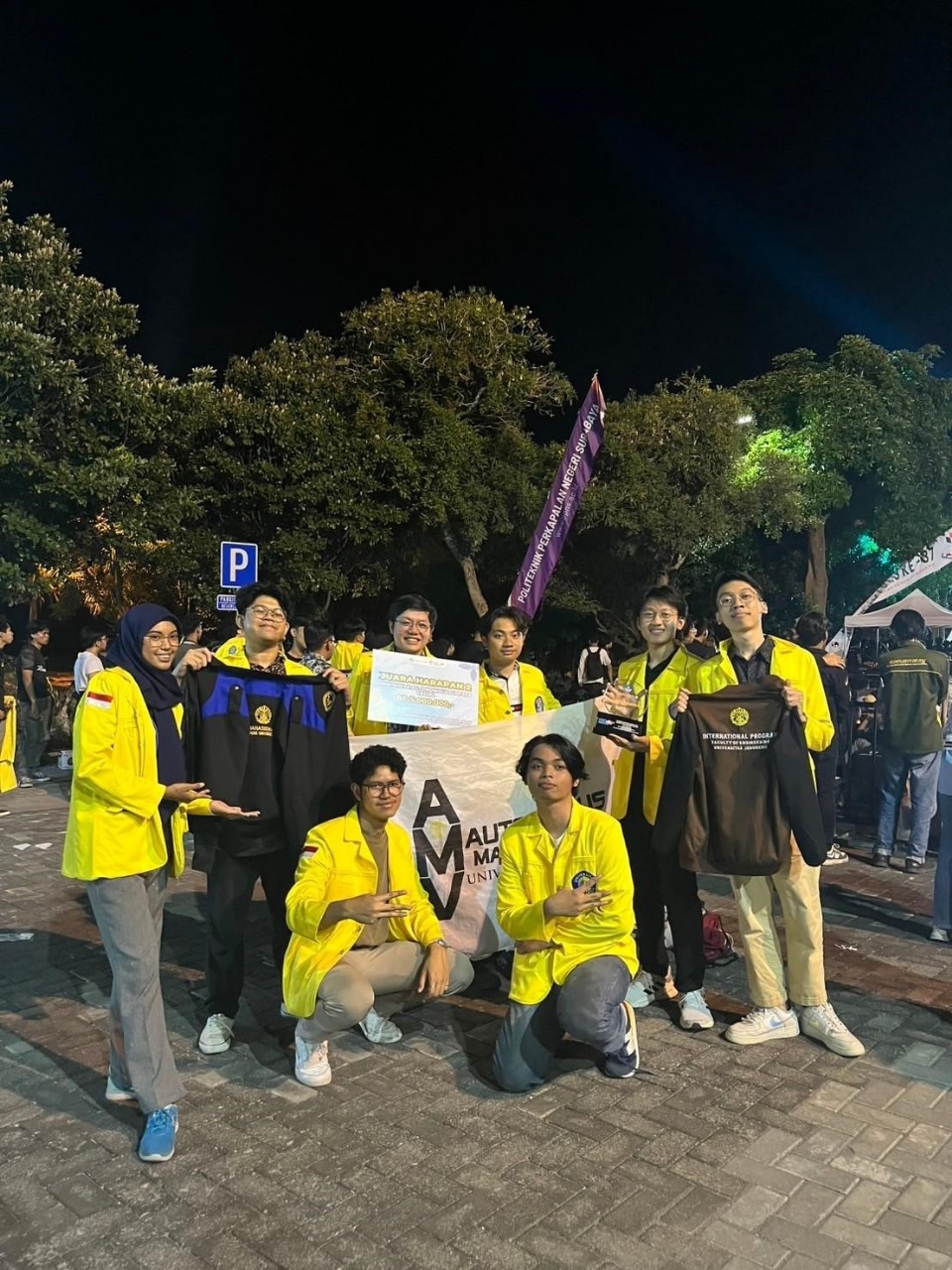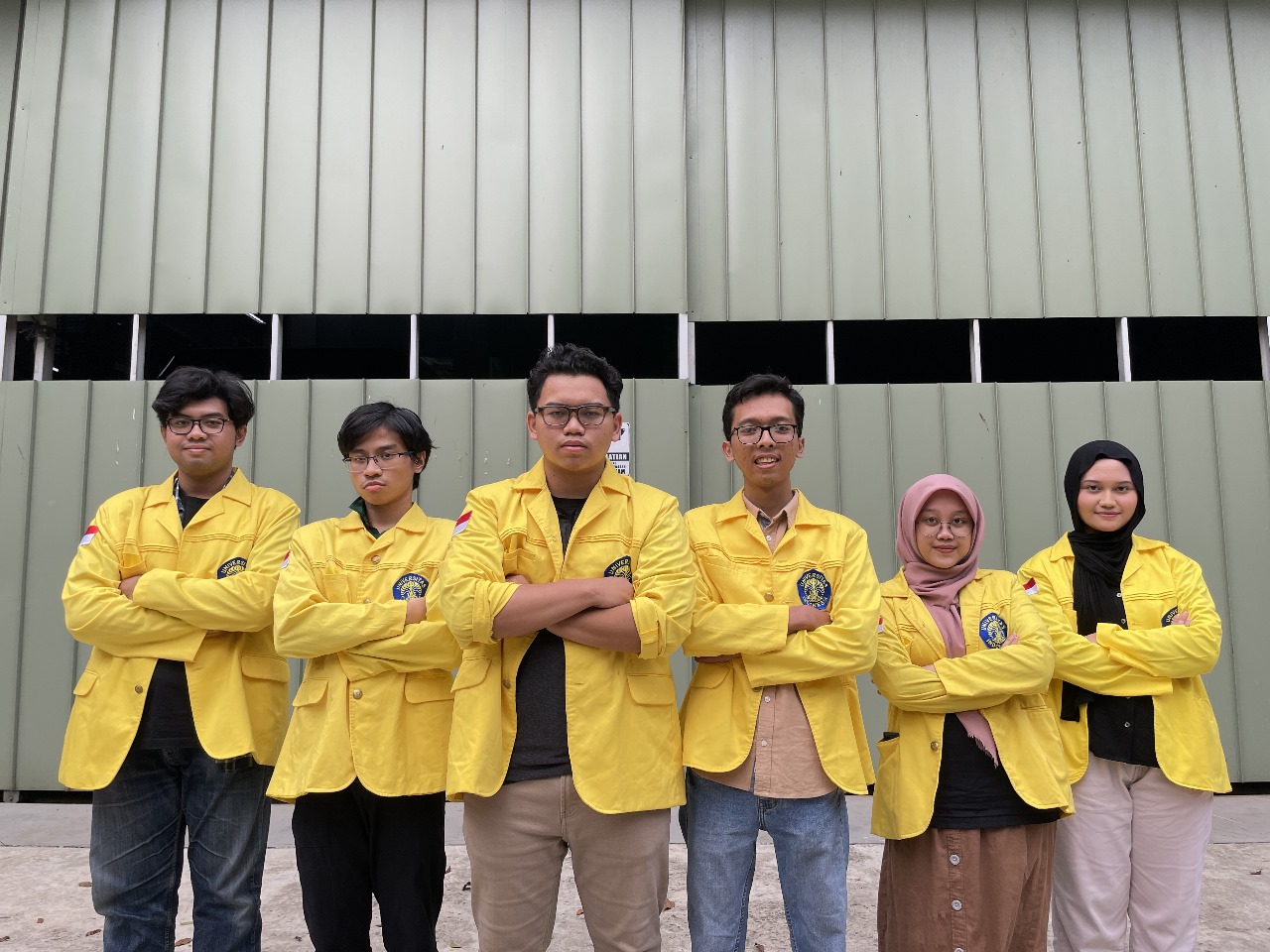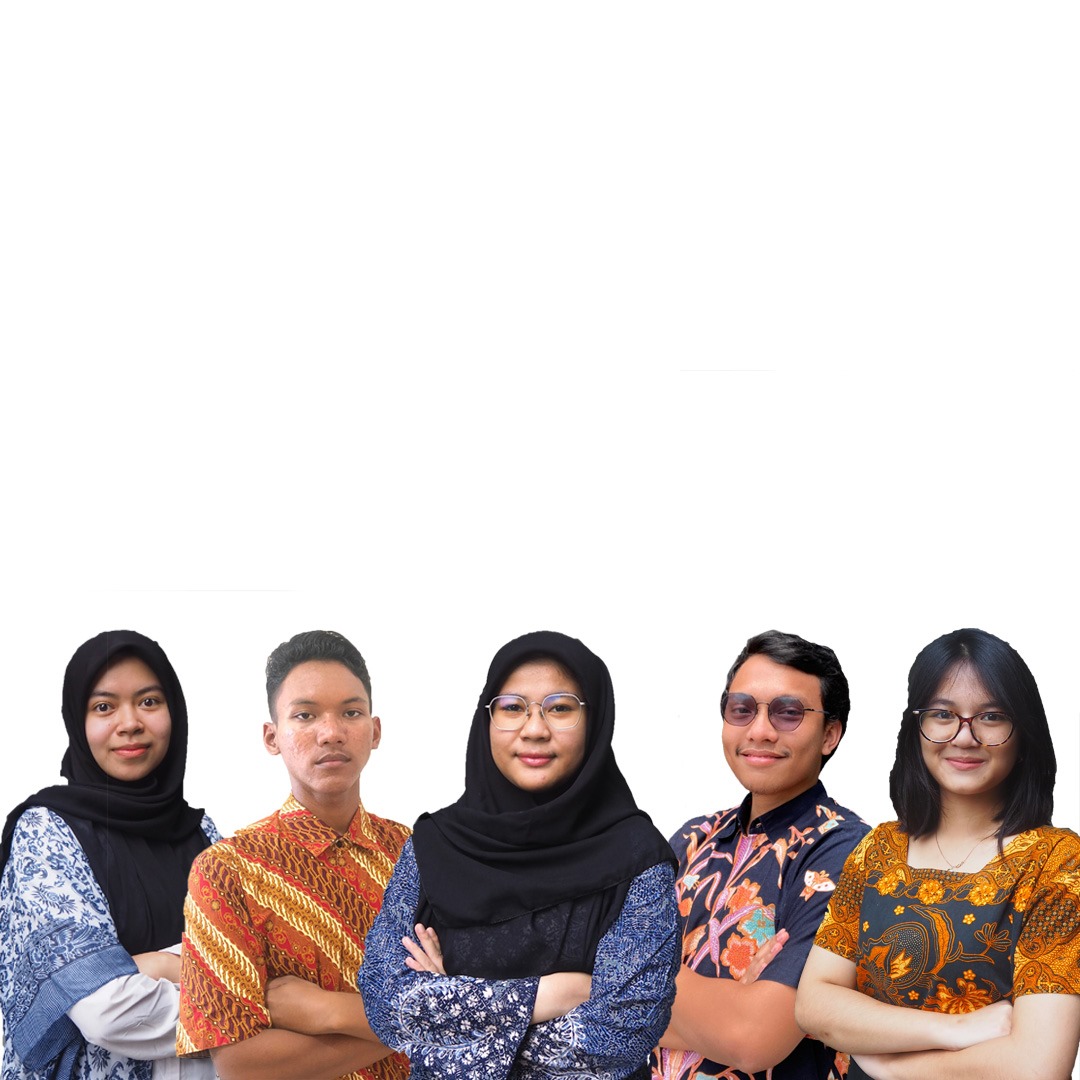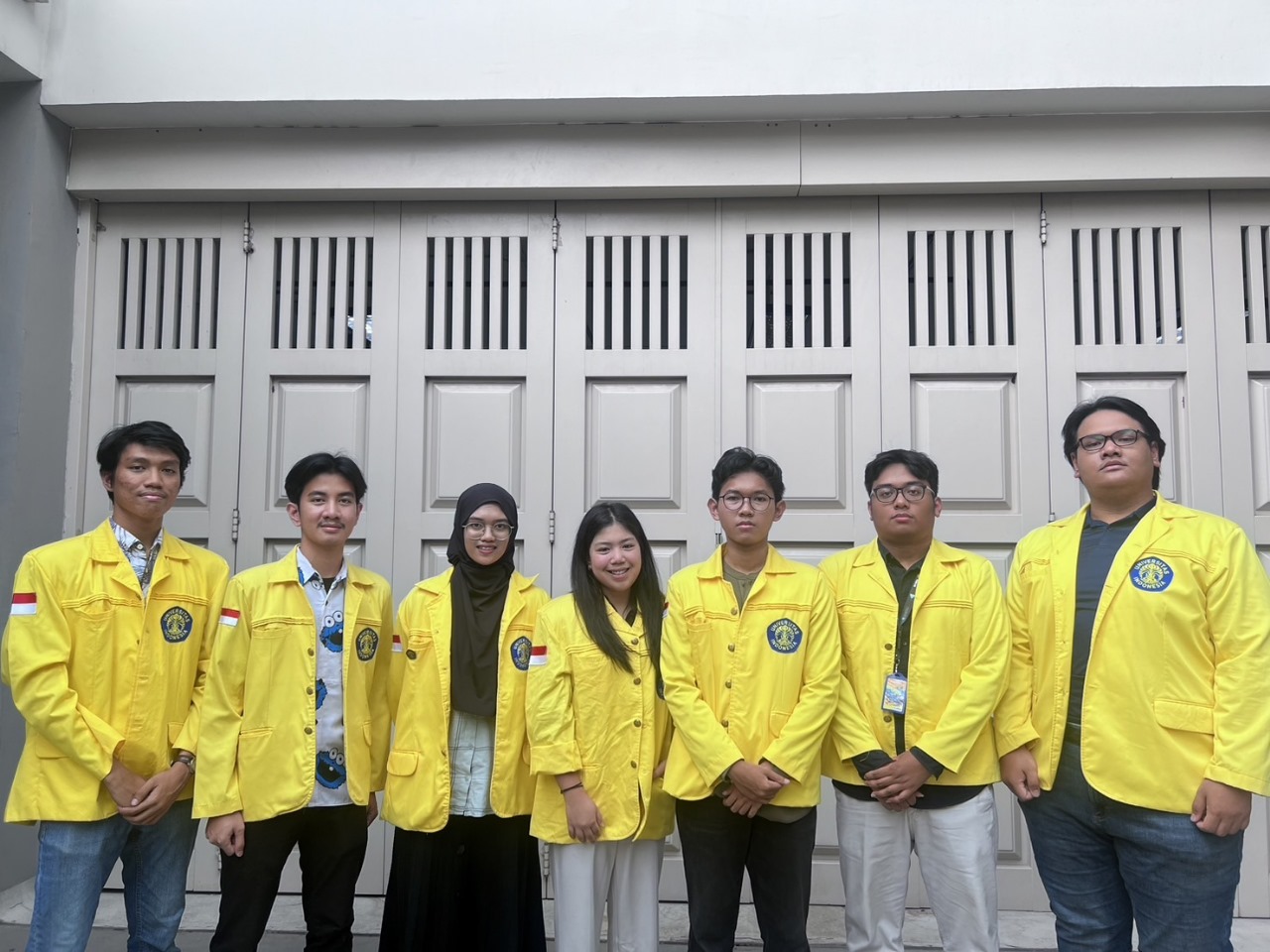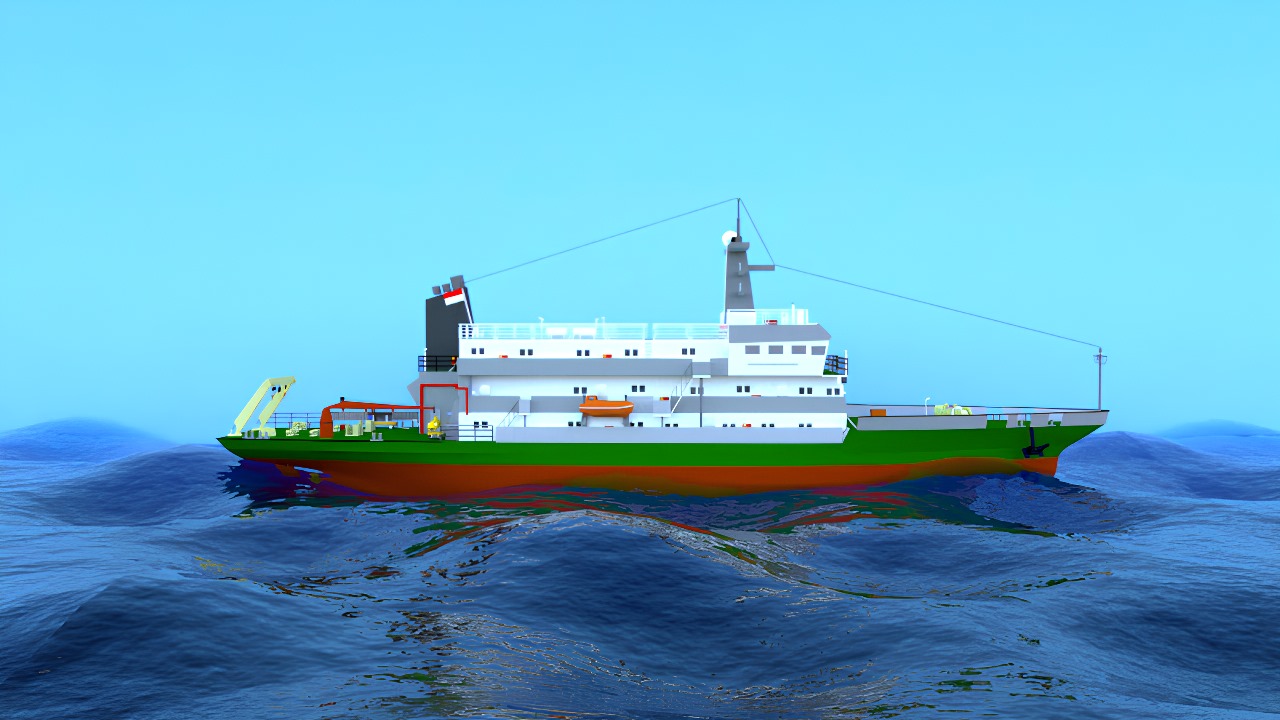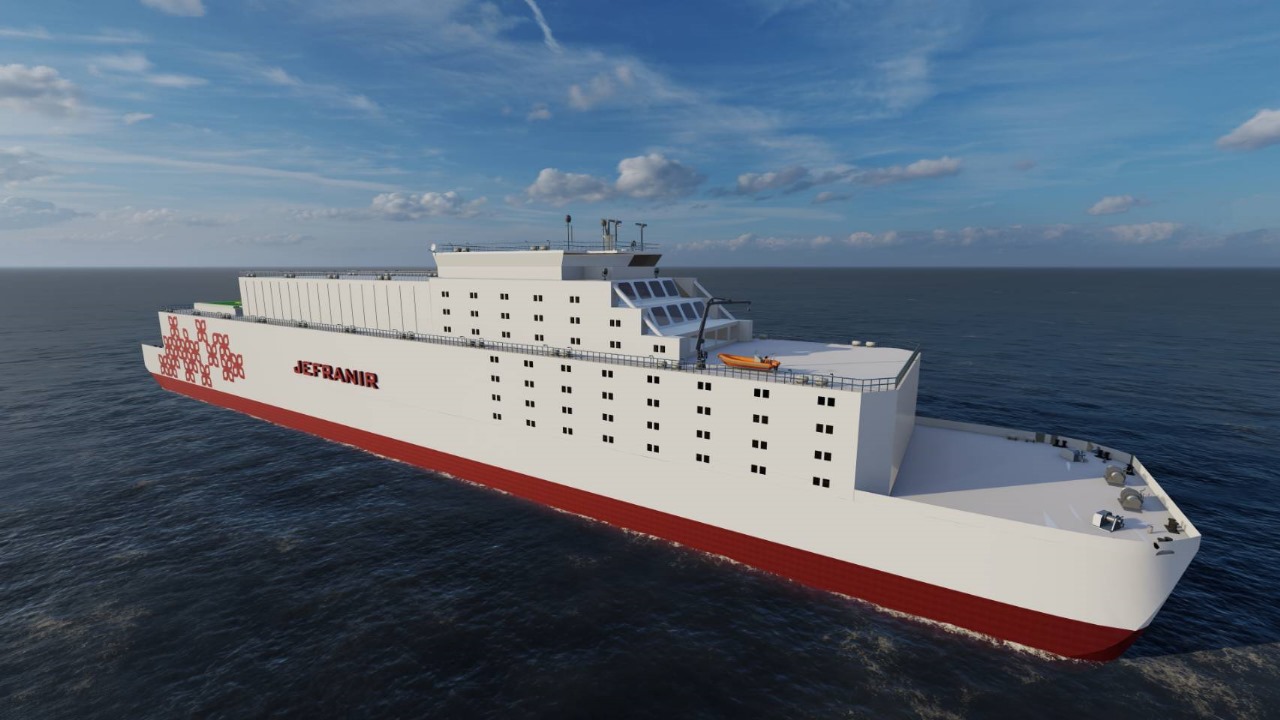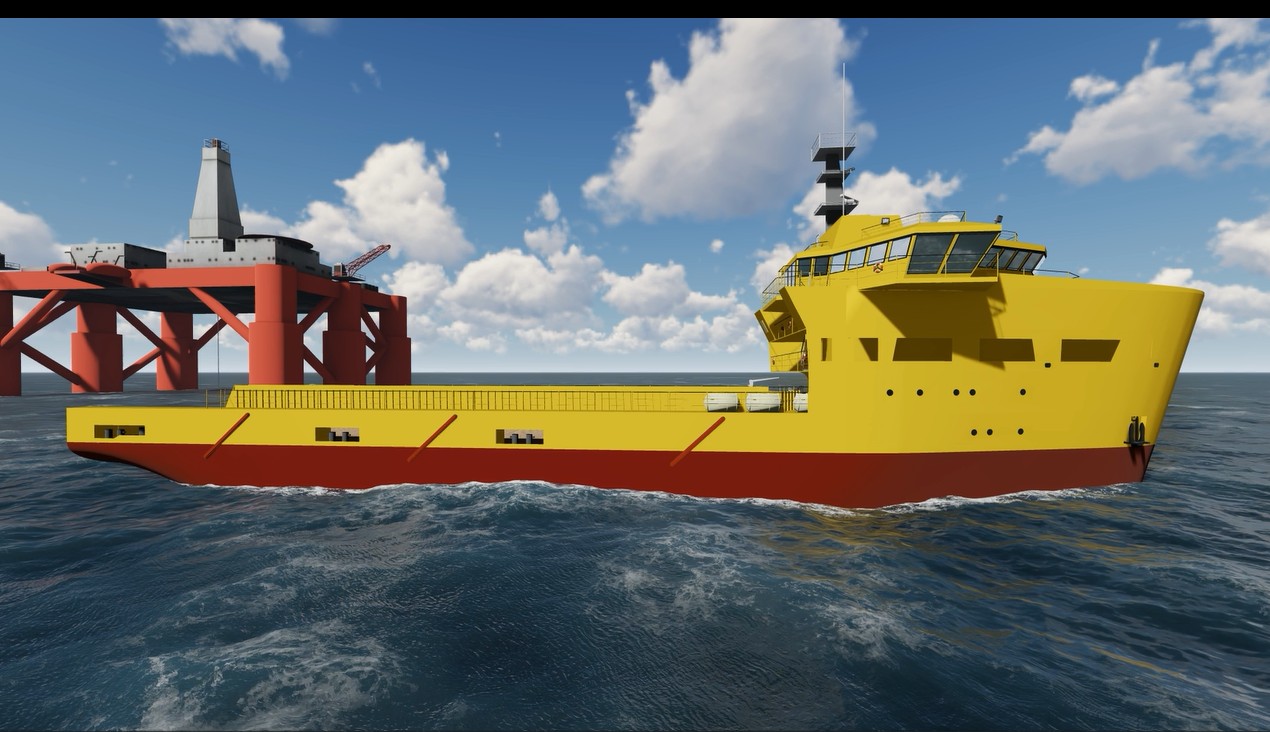UI participated with four teams in the contest, earning notable accolades: Nagapasa 1 secured 3rd place in the Innovation in Design and Construction category; Nagapasa 2 achieved Honorable Mention in the Innovation in Machinery and Electrical Systems category; Nagapasa 3 won 2nd place in the Special Equipment Innovation category; and the Autonomous Marine Vehicle (AMV) team was awarded Honorable Mention in the Autonomous Surface Vessel category.
Under the guidance of three faculty members from the Naval Architecture Program at the Faculty of Engineering UI (FTUI)—Kurniawan Teguh Waskito, S.T., M.T., Ph.D.; Achmad Riadi, S.T., M.Eng., Ph.D.; and Dr. Eng. Ir. Muhammad Arif Budiyanto, S.T., M.T., IPM—the UI teams showcased four distinct ship designs that emphasized innovation and relevance to the national shipping and energy industries during the competition held from October 23-28, 2024.
Efficiency and Resilience in Offshore Operations Design
Nagapasa 1, consisting of seven students—Rayyaan Jandiar Muhardi, Muhammad Daffa Nafis, Ghaisani Khoirunnisa, Raffa Bainan Nunni, Daffa Sulaiman Kamil, Rivaldy Ichwantiar Maftuchan, and Putri Meisya Athailla—developed a Platform Supply Vessel (PSV) design featuring an “Axe Bow” hull structure. This design reduces water resistance, resulting in improved fuel efficiency and enhanced stability in diverse sea conditions.
“With its more efficient hull design, the PSV can significantly reduce fuel consumption, thereby lowering operational costs. This optimization is crucial for PSV performance, which demands minimal water resistance,” explained Rayyaan on behalf of his team.
Innovative Ships for Clean Energy and Maritime Economy
Nagapasa 2, composed of five students—Dzakiah Mardhiah, Naja Fauzan Rizky, Felicia Rachel Taruli Siregar, Reisya Putri Ariyan, and Ananda Wiraditya—introduced a Floating Production, Storage, and Offloading (FPSO) ship powered by a Floating Nuclear Power Plant (FNPP). This innovation supports the Net Zero Emission 2060 target by providing stable and sustainable energy unaffected by weather conditions, unlike solar or wind energy which have limited maritime applications.
“The use of FNPP presents significant opportunities for future FPSO ships to harness clean energy and reduce dependency on environmentally harmful fossil fuels. Additionally, this technology will help the maritime sector significantly reduce carbon emissions,” said Dzakiah.
Deep-Sea Detection Technology for Resource Exploration
Nagapasa 3 presented an integrated technology combining a Multi-Beam Echosounder (MBES) and Sub-Bottom Profiler (SBP) with an Autonomous Underwater Vehicle (AUV) for deep-sea resource exploration. This approach offers more efficient and accurate detection and exploration of oil and gas reserves in Indonesian waters compared to conventional methods. The team included six FTUI students: Muhammad Muflih, Muhammad Daffa Nasdyansya Rasyad, Muhammad Rafa Athallah, Satryo Prayoga Putra, Nadia Fariha, and Qalmadisya Hanun.
“Currently, deep-sea oil and gas exploration in Indonesia relies on streamer equipment, which requires auxiliary tools and has many limitations. Our new technology benefits not only the oil and gas industry but also ensures precise mapping for sustainable resource management, enabling safe and effective exploration,” explained Muhammad Muflih.
Innovative Vessel for Oil Spill Mitigation
The AMV UI team, comprising four FTUI students—Christopher Sutandar, Ariel Putra Dewa Aramadhan, Ryan Adidaru Excel Barnabi, and Muhammad Farrel Aryaputra Amri—developed the Makara Pleco, a vessel equipped with advanced computational systems and sensors to autonomously perform various competition missions. For the 2024 KKI theme, the ship was designed as a Support Yacht for hosting offshore industry representatives during project site visits.
“In practical applications, Makara Pleco is designed to monitor oil spills and assist in initial mitigation procedures, such as mapping affected areas, detecting spill sources using object detection, deploying oil booms, and even collecting oil from the sea surface using skimmers,” explained Christopher.
Dean of FTUI, Prof. Dr. Ir. Heri Hermansyah, S.T., M.Eng., IPU, commented, “With these innovations, Indonesia has tremendous potential to develop future ships that are more energy-efficient, environmentally friendly, and relevant to supporting offshore activities.”
***
Kantor Komunikasi Publik
Fakultas Teknik Universitas Indonesia

